Editorials
– Most Iranians object the Iranian engagement in wars outside the country
– Iranian fears of a Russian-American deal that end up with the American presence in Syria
News
– The European Union asks for more information about Iran’s centrifuges
– Increase in Iran’s oil exports to South Korea
– Increase in the number of children in the SOS villages, resulting from parental addiction
– Zarif-Sirtaj Aziz talks in Margarita
![]()
Sharq Newspaper
“Respect Qassem Suleimani.”
An editorial in Saturday’s Sharq newspaper focuses on the justifications for Iranian troops fighting in Syria and Iraq. While most of the editorial is taken up with lengthy arguments about the sectarian and religious dimensions offered as justification, the last part of the editorial is our focus here, reflecting the rejection by various groups within Iranian society of Iran’s participation in wars in these two countries. The editorial says that the emergence of these “Iranian warriors fighting in Iraq and Syria” in terms of principles and Iranian national sentiment did not previously exist in Iranian culture. In the days of the 1980-88 Iran-Iraq war, while there were internal disputes over the war itself, everyone agreed on the need to support and protect Iran’s troops. Now, however, there is some opposition to Iran’s military involvement in wars in neighboring countries, with people holding differing views, while many who are critical of the Iranian presence in Syria and Iraq can’t freely express their criticism. However, the editorialist states, these disagreements should not lead to any undermining of Iran’s forces fighting in Iraq and Syria since they are doing so to safeguard the overall security of Iran. For this reason, the editorial continues, there is broad consensus on the need to defend Qassem Suleimani who is fighting with his forces thousands of kilometers away “in defense of the Iranian borders”.
The editorialist states that this is not only his opinion but that of the majority of reformists in Iran. Although there are sometimes complaints about the sum paid to these defenders of Iran’s security he asserts, it is the duty of the Iranian people to give these soldiers the greatest possible respect.
However, he continues, while no-Iranians, more especially the Arab governments and people, are uncomfortable with Iran’s regional behavior, asking why it’s invading their nations and expanding beyond its own borders, Iranians should understand this sentiment, and should not be prevented from asking similar questions without being accused of betraying the troops.
The editorial reflects the growing discontent among the Iranian public over the regime’s military interventions in Iraq, Syria, and Yemen, particularly among some reformist factions, although it makes it clear that not all factions share this view since the editorialist himself is a reformist and supporter of Iran’s foreign interventions.
The editorial further illustrates the increasing disenchantment among reformists over the amount of money being spent on the regime’s regional military adventurism and shows an understanding of the anger of Arabs over the Iranian attacks. These views don’t imply a rejection of the regime’s position since the Supreme Leader Ayatollah Khamenei controls the reins of power precisely to prevent any change in the Iranian regime’s position as a result of any domestic objections. One can, however, extrapolate from this voicing of disenchantment among some reformists to show a general disillusionment, especially over continuing massive casualties among Iranian troops in the wars in both Syria and Iraq.
The editorial also states near the beginning that while there are rumors that the way may be open for Qassem Suleimani to enter politics with some hinting at the possibility of his announcing his candidacy for the presidency in next year’s elections, this seems unlikely at the current stage.
Kayhan newspaper “Deception under supposed ceasefire”
The editorial in Saturday’s Kayhan newspaper reflected the Iranian regime’s view of the current ‘ceasefire’ agreement jointly brokered by the United States and Russia. Pointing out that the five-part agreement includes conditions and details that remain unknown, the editorial suggested that this may be a means of exploitation and deception by the USA.
The editorial states that the agreement that since the agreement was signed in the last few months of the Obama presidency as the United States heads towards an election in November, it may be used as a tool by the Democrats to achieve electoral gains. It further adds that the agreement achieves all the objectives of the United States, asserting that whenever Bashar al-Assad has attained military victories the USA has rushed to announce a truce agreement in order to exploit the circumstances to arm the opposition. If one examines the situation, however, one can see that the agreements are tied to the defeat of Iranian forces, as happened in Khan Toman after an earlier truce agreement.
The editorial asserts that the move is a way to force Bashar al Assad’s regime to stop its airstrikes and to launch US ground attacks, as well as to prevent the Iraqi ‘Popular Forces’ Shiite militias from becoming involved (this term is used to describe sectarian militias and mercenaries from Iraq, Pakistan, and Afghanistan deployed by Iran in both Iraq and Syria).
The declaration of joint air raids by the US and Russia against “terrorists” was made without consultation or coordination with Damascus, meaning that the US is failing to recognize the government of Bashar al-Assad, the editorial asserts, adding that this is a further expression of Washington’s insistence on overthrowing Bashar al-Assad’s regime in order to grant legitimacy to the American presence there. The editorial anticipates the collapse of the agreement, as happened with previous agreements because it does not include guarantees for implementation and because the USA and Russia have failed to agree on which armed groups should be listed as terrorists; for example, the United States does not define Ahrar al-Sham as terrorist whilst Russia does.
The editorial’s content and tone make it very clear that Iran does not welcome the convening of the armistice agreement, and it is awaiting the collapse of the US-Russian deal so that it can once again continue its attacks in partnership with Russia, as well as showing Iran’s fear that a Russian-American alliance might eliminate Iran’s presence on Syrian territory.
Etemad newspaper
“Social roots of corruption”
The editorial in Saturday’s Etemad newspaper criticized claims of austerity by the Iranian regime officials. In the early days of the revolution, it points out, it was rare to see regime officials in expensive cars, with most who drove buying a Pekan (Iranian-made vehicle) or using public transport, due both to being prudent and wishing to avoid accusations of tyranny and counter-revolutionary morality. After a few years, however, ownership of luxury vehicles became increasingly common among regime officials, who enjoyed showing off their top-of-the-range cars.
The editorialist, Abbas Abdi, said that he didn’t wish to praise or defend the regime officials’ claims of poverty and piety immediately after the revolution since this was largely an unsustainable phenomenon of hypocrisy and lying, although he added that the regime officials of the time didn’t receive large salaries and were generally modest individuals. Now, however, he continued, the regime officials still don’t receive massive salaries, they own massive property portfolios.
This problem is not limited to government officials and the mayor of Tehran, he added, but now extends to the Iranian people in general, with a mentality of endless greed taking root in Iranian society.
Quoting an unnamed acquaintance who runs a charity, he said that the woman had asked the regime’s Subsidies Foundation for a long-term loan equivalent to $500 for the organization. When the foundation offered to provide her with half of this amount, $250, he added, she complained that this would be inadequate since it was not enough to buy the iPhone which her son wants.
The editorial added that the aspiration to become property owners had spread across Iranian society leading to massive inflation that plagued and continues to afflict the country’s people.
![]()
» The European Union asks for more information about Iran’s centrifuges
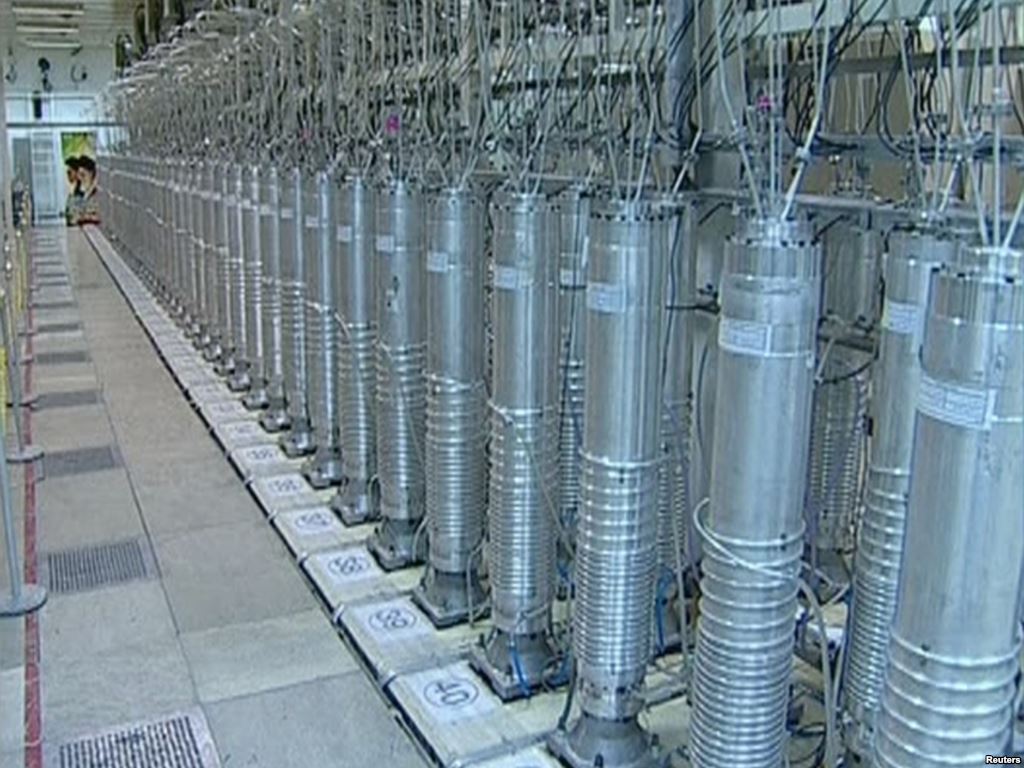
The EU has asked Iran to provide information to the International Atomic Energy Agency about the manufacturing of centrifuges spare parts used in Uranium Enrichment. The EU also called for a complete cooperation with the IAEA through providing necessary information to the 35 members of the Agency’s General assembly.
According to the Associated Press, this information will be sent to the Agency’s Head Council ahead of next week’s session concerning Iran’s nuclear program. The IAEA should oversee the number of reactors’ pipes Iran has manufactured and to which model of centrifuges they belong to make sure they were made for purposes specified in the nuclear deal, the Associated Press added.
Centrifuges increase the Uranium enrichment from low levels to the levels needed to make nuclear weapons. According to the Joint work plan, Iran has 5060 centrifuges that can increase the level of enrichment 3.7% only.
Source: Farda Radio Site
» The creation of an electoral committee for the Veteran Clergy Assembly
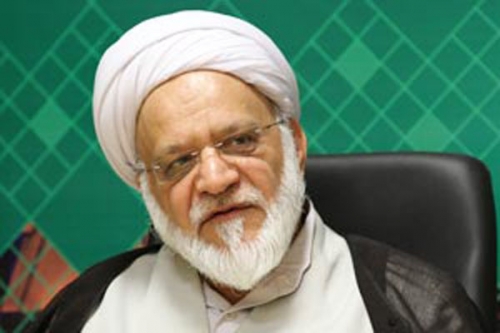
Spokesperson of the Veteran Clergy Assembly, Golam Riza Misbahi Mugadam announced the creation of an electoral committee to be responsible for following up all assembly’s activities in the upcoming elections. Mugadam added that Muahadi Kermani was elected head of this committee in addition to seven members who are; Abotrabi Ferd, Taqawi, Bor Mohammedi, Ma’zi, Nasihi, Merdi, and Golam Riza Misbahi Magdam.
Source: ILNA Agency
» Rouhani will have no rival in the next year’s presidential elections/ Ahmedinejad is nominating
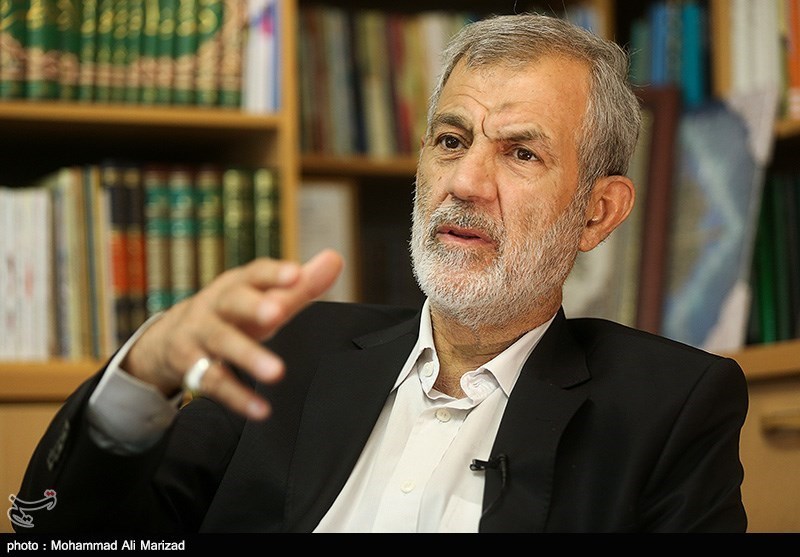
Member of the central committee of the Islamic coalition party (Mu’talifah), Hassan Gafori Ferd stated that Iran’s presidency has always been of two terms, asserting that Rouhani has a big chance of winning the next year’s elections. As for conservatives, Ferd said that they suggested 30 names but are still studying their situation, noting that Ahmedinejad is one of those named and will be running the elections next year.
Ferd asserted that Rouhani will be supported by large groups of Iran’s community and will have a big chance in the next Year’s elections, taking into consideration that the presidency in Iran has always been of two terms.
Source: ILNA Agency
» Mutahhari: Reformation of the regime has to be transparent
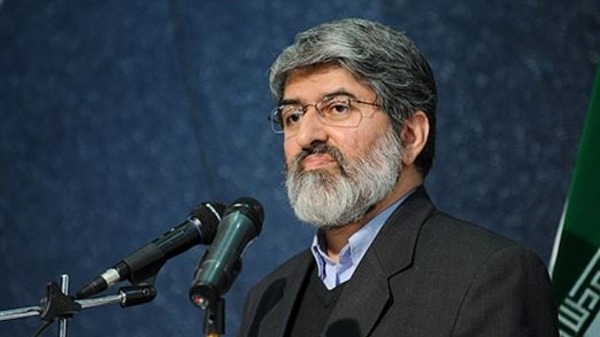
In his response to the criticism of MP of Damghan city, Abo Alfadl Hassan Beigy concerning his reaction to the executions of 1988, second deputy speaker of the Shura Council, Ali Mutahhari stated that there has to be transparency in the regime reformation. Beigy criticized Mutahhari saying, “If Mutahhari has objections on any files, he has to take them confidentially to the Judiciary; calling him “Illogical” person who is expected to follow the steps of his father, Murtaza Mutahhari instead of using his name in making all this chaos. Mutahhari, on the other side, criticized the people who disregard the deviation of the regime of the “Islamic Republic” and its divine position, asserting that some notice this deviation but think it must not announce to the public in order not to weaken the regime; but, according to him, the righteous path is to be transparent and announce it to the public, noting that those who ask him to follow his father’s steps have a problem and don’t know Murtaza Mutahhari well.
Source: ILNA Agency
» Iran-Russia joint bank to be established
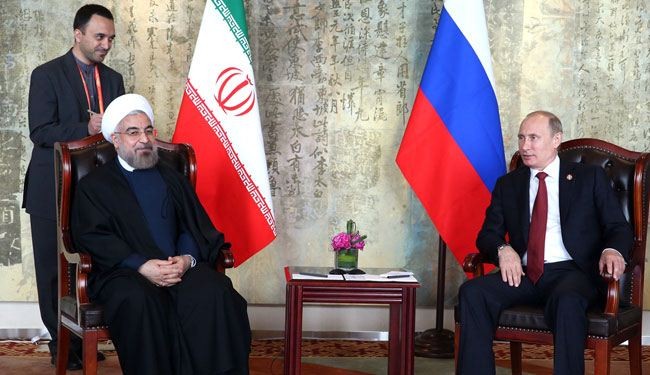
Member of the Iranian-Russian Friendship Committee, Behram Amiri Ahmedian announced that both countries intend to establish a joint bank and the Iranian-Russian chamber of commerce is discussing this issue. It is worth noting that they are using the Dollar and Euro for trade exchange between the two countries.
Source: Farda Radio Site
» Increase in the number of children in the SOS villages
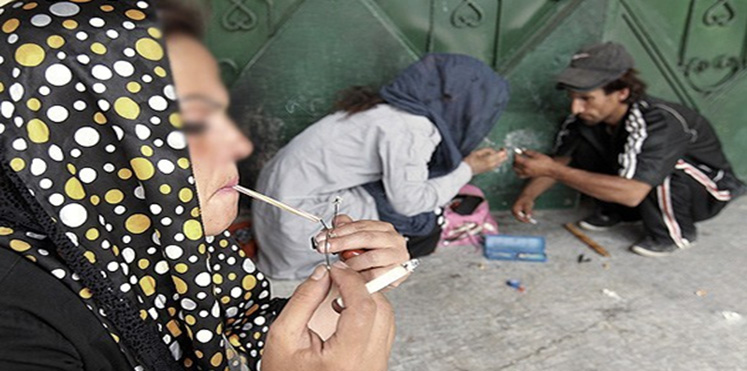
Official statistics showed that the majority of the one million and 325 thousand addicts in Iran are young people in the thirties and forties of their ages who have families and children. Statistics also showed that the number of children is increasing in the SOS villages in Iran, which is attributed to parents’ addiction.
Source: Arman Emroz Newspaper
» Zarif-Sirtaj Aziz talks in Margarita
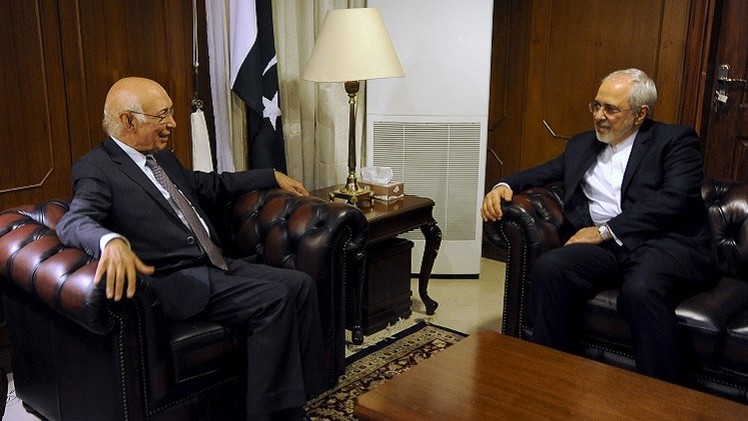
Iran’s Foreign Minister, Mohammed Javad Zarif met the advisor of the Pakistani president for foreign affairs, Sirtaj Aziz in Margarita Island in Venezuela. This meeting was held on the margins of the Non-Alignment Movement Summit in Margareta Island. Both sides discussed bilateral relations and enhancing collaboration between the two countries.
Source: Fares Agency
» Iran’s oil exportation to South Korea is doubled

South Korea’s importation of Iran’s crude oil has doubled. The Korean customs department announced the importation of 100 thousand tons of Iran’s crude oil (260 thousand and 770 barrels per day), representing a 120% jump compared with the same period of last year.
Source: Abrar Eghtisadi Newspaper
